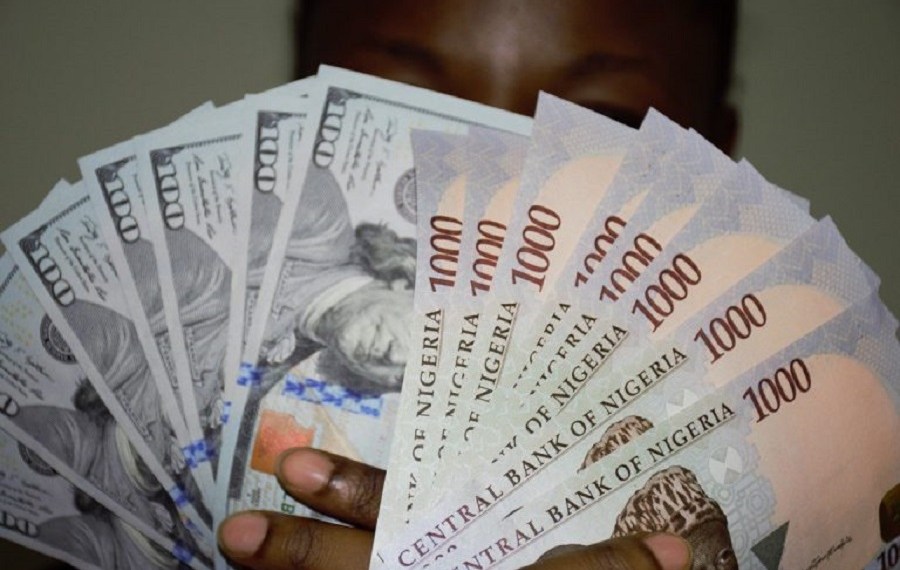
Aboki Naira To Dollar Black Market Rate Today 25th November 2024
As of the 25th of November 2024, the Nigerian Naira has seen a notable fluctuation in its value against the US Dollar within the black market, commonly referred to as the parallel market or ‘Aboki’ market. The exchange rate for buying a US Dollar stands at approximately ₦1,742.51, while the selling rate is around ₦1,755, reflecting the ongoing economic adjustments in Nigeria.
This slight increase in the exchange rate highlights the persistent gap between the official rates set by the Central Bank of Nigeria (CBN) and the rates prevalent in the informal sector. The CBN’s official rate is currently at ₦1,688.784 to the Dollar, showcasing a significant disparity that continues to fuel the black market’s operations.
Trending Now!!:
The black market has long been a barometer for the Naira’s real-time value, often reacting swiftly to changes in foreign currency supply, driven by remittances, export earnings, and speculative investments. The dynamics of supply and demand, coupled with the government’s policy challenges in stabilizing the currency, contribute to these fluctuations. Despite efforts by the CBN to unify exchange rates and curb the parallel market, the black market remains a crucial element for many Nigerians needing foreign currency for various transactions.
Market observers note that these rates are influenced by several factors:
- Supply and Demand: The black market adjusts prices based on the immediate availability of foreign currency, which often differs from the official market’s offerings.
- Government Policies: Policies aimed at controlling forex through banks have had mixed results. Sometimes, more activity is directed towards the black market when access to official channels is restricted or when rates are seen as more favorable on the streets.
- Economic Conditions: High inflation rates, which some speculate could be over 300%, continue to pressure the Naira, affecting its purchasing power and pushing transactions towards dollar-denominated ones.
The fluctuation in rates has implications for both individuals and businesses in Nigeria. These rates can significantly affect financial planning and business operations for those receiving remittances or engaged in trade. The Naira’s value continues to be a topic of both economic analysis and public discourse, with many calling for reforms that could stabilize the currency and reduce reliance on the black market.
Financial analysts suggest that the Nigerian government needs to address underlying issues like oil dependency, foreign reserve management, and economic diversification to stabilize the Naira. However, the immediate impact felt by average Nigerians is the fluctuating cost of imported goods, travel expenses, and the general cost of living, which are directly influenced by these black market rates.


